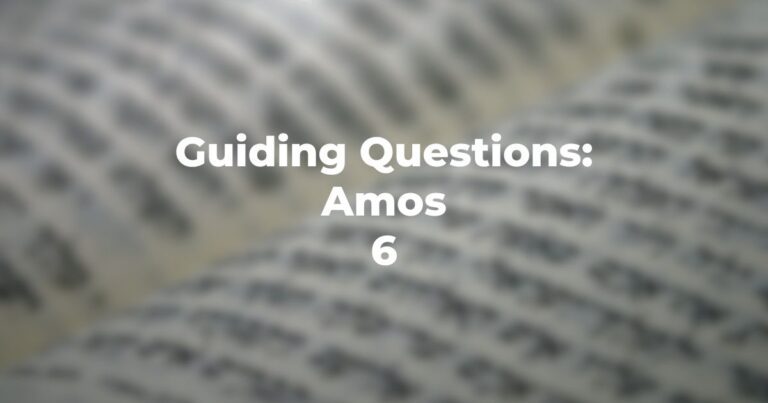- Why does the speaker ask to be judged (or vindicated) — is he in some difficulty?
- In asking to be probed why is there reference to (literally) the kidneys and the heart — why not “the brain”; does this reflect on the understanding of the ancients as to the seat of thought and the seat of emotion?
- The speaker affirms with whom he does not associate — who is avoided?
- In Psalms 26:5-7 what does the speaker emphasize as his “main conduct”?
- How, then, should Psalms 26:9 be explained — what does that imply or explicate as to the condition of the speaker?
- And, would Psalms 26:11 affirm that this is a plea for being saved from some danger or for avoiding punishment?
Author
-

Exploring Judaism is the digital home for Conservative/Masorti Judaism, embracing the beauty and complexity of Judaism, and our personal search for meaning, learning, and connecting. Our goal is to create content based on three core framing: Meaning-Making (Why?), Practical Living (How?), and Explainers (What?).
View all posts





